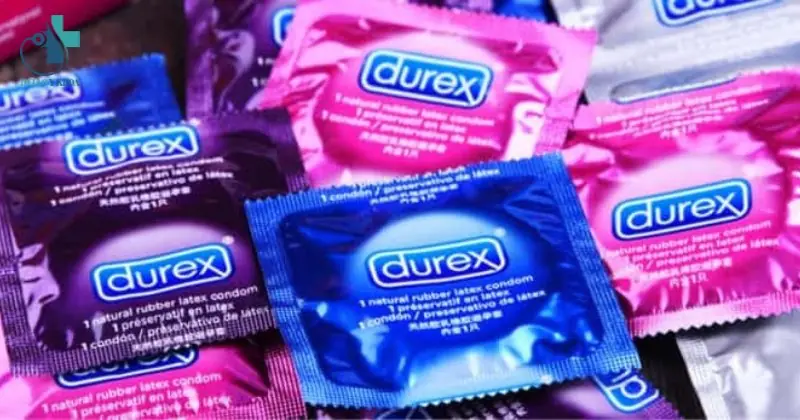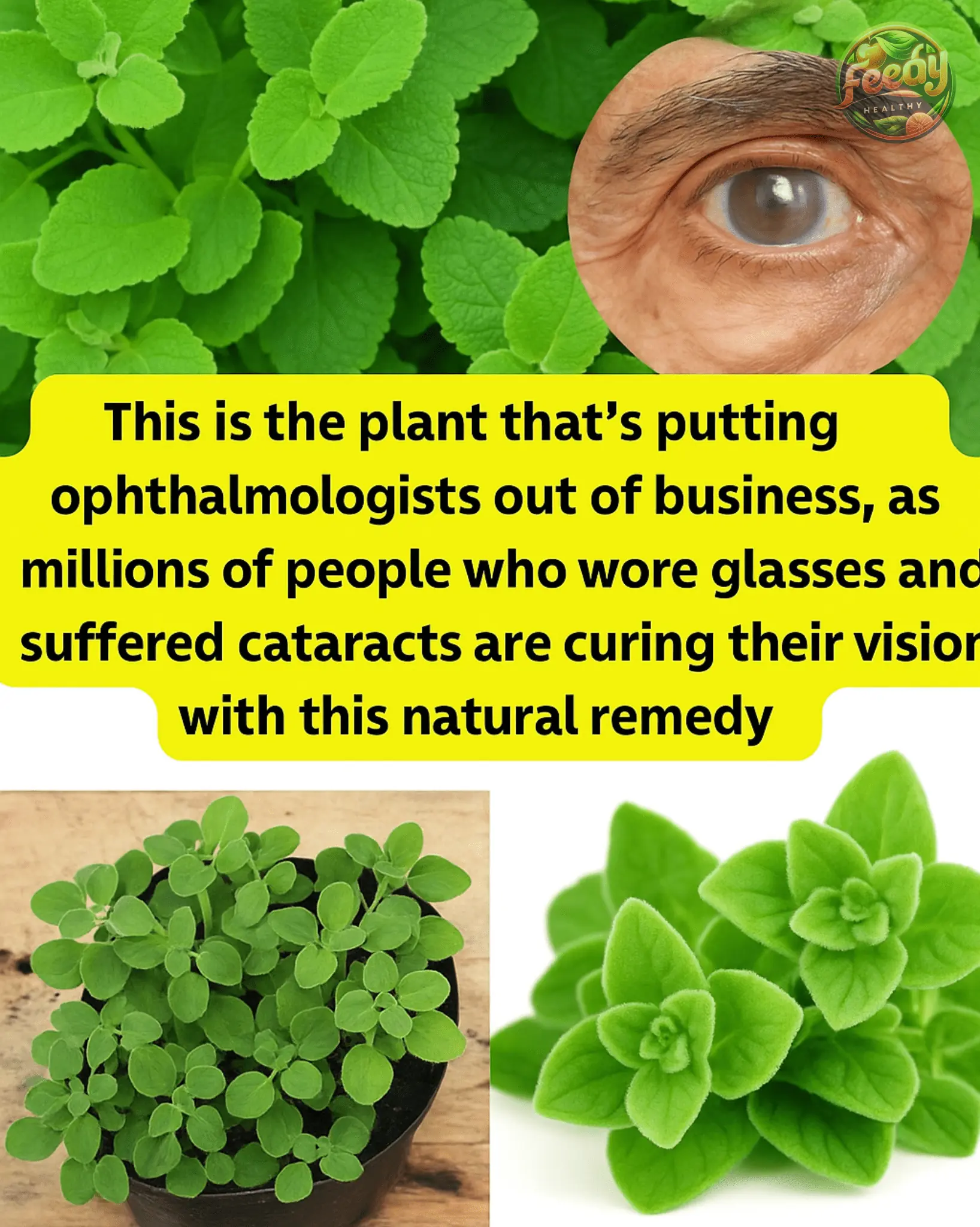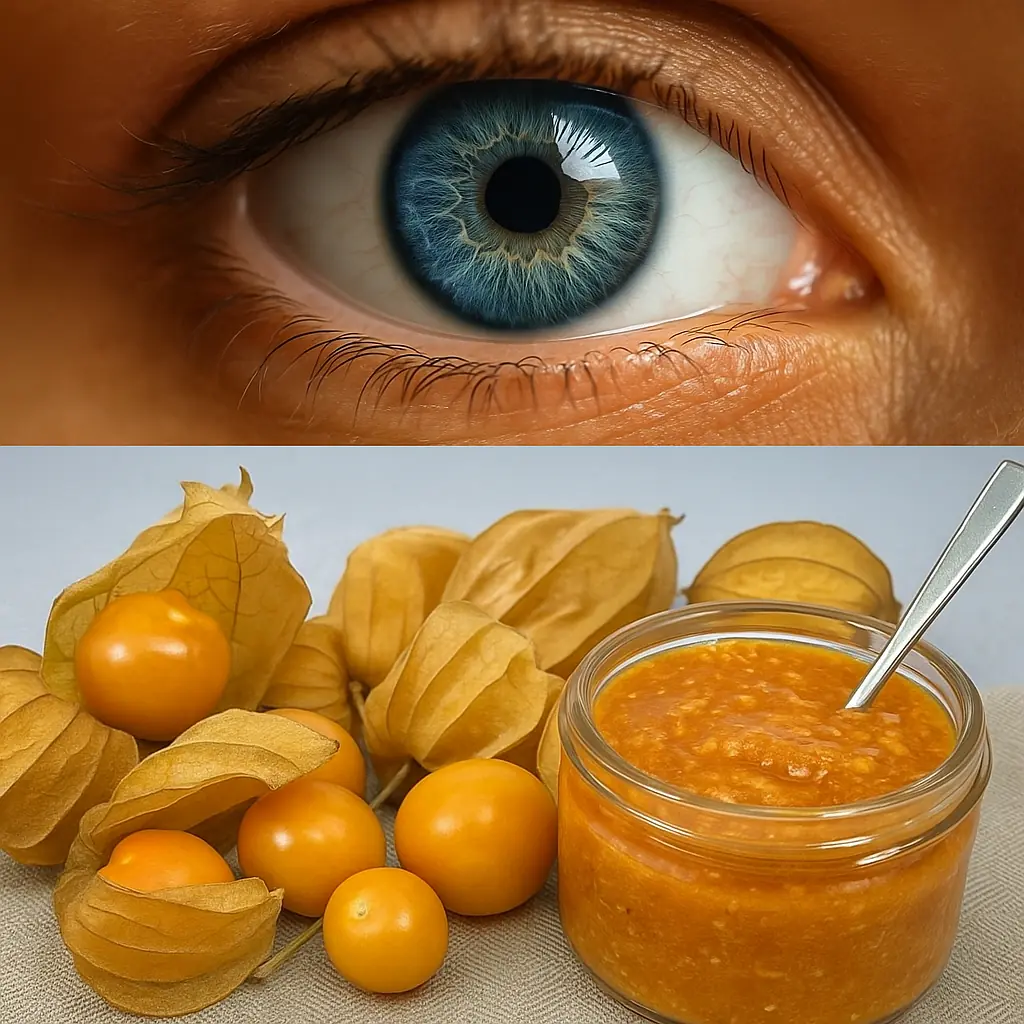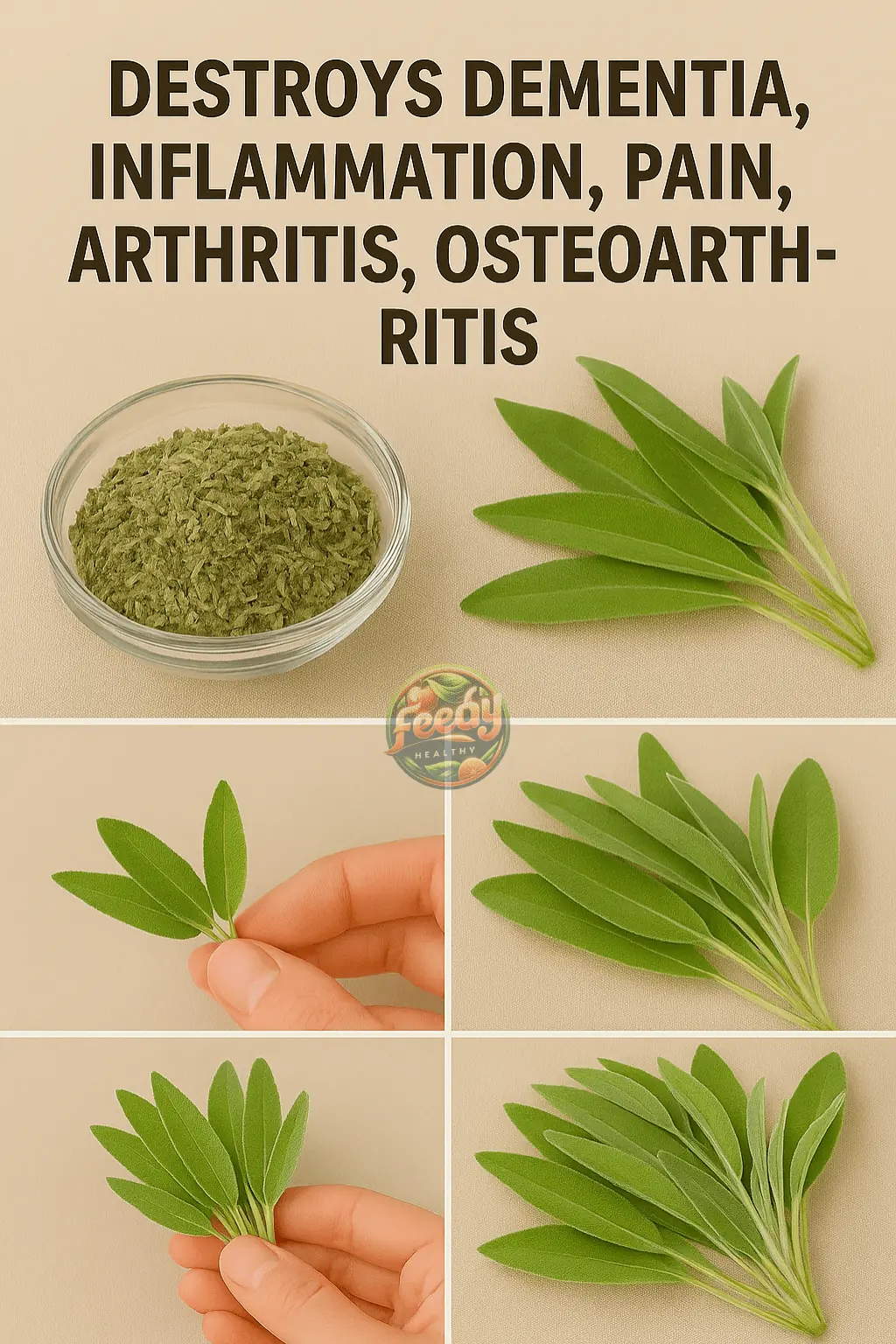
Understanding and Managing Chin Whiskers in Women: Causes, Impact & Solutions

For many women, the appearance of chin whiskers can be a source of stress or embarrassment. But what’s often overlooked is how common they really are. These hairs can range from fine and light to coarse and dark, with some women noticing just a few strands, while others experience more visible growth. The key to managing chin whiskers is understanding why they occur, what they might mean for your health, and how to approach them both physically and emotionally.
🧬 Why Chin Hair Grows: The Science Behind It
Facial hair growth, including on the chin, follows a cycle:
-
Anagen (growth)
-
Catagen (transition)
-
Telogen (rest)
Androgens—male hormones like testosterone, which women also produce in small amounts—play a major role in hair growth. If there’s a hormonal imbalance or if your body is more sensitive to these hormones, facial hair can become more prominent. Genetics also dictate how many hair follicles you have and how active they are.
⚖️ Hormonal Triggers Behind Chin Whiskers
Hormonal fluctuations are the most common culprits. Conditions such as:
-
Polycystic Ovary Syndrome (PCOS)
-
Menopause
-
Hormonal medications or birth control
...can lead to an increase in androgens, tipping the hormonal scale and causing excess facial hair. A decline in estrogen, especially during menopause, can also trigger hair growth in unexpected places.
👩👩👧 Genetics & Ethnic Background
If your mother or grandmother dealt with chin hair, chances are higher you will too.
Certain ethnicities, including Mediterranean, Middle Eastern, and South Asian women, are more prone to visible facial hair due to inherited traits. Understanding your family history can help normalize the experience and set realistic expectations.
🏥 Medical Conditions to Be Aware Of
While PCOS is the most common medical explanation, other conditions linked to excess chin hair include:
-
Cushing's syndrome
-
Adrenal gland disorders
-
Hypothyroidism
-
Tumors that affect hormone levels
If chin whiskers appear suddenly or excessively, it’s wise to speak with a healthcare provider for proper evaluation and testing.
💔 Top 10 Ways Chin Whiskers Affect Women’s Health & Confidence
-
Embarrassment and self-consciousness
-
Anxiety over appearance
-
Time and money spent on hair removal
-
Skin irritation from frequent grooming
-
Avoidance of close social interactions
-
Low self-esteem or body image issues
-
Obsessive checking or plucking
-
Withdrawing from public/social events
-
Worries about underlying health problems
-
Increased risk of anxiety or depression
🧠 The Psychological Weight of Facial Hair
For many women, chin whiskers can take a toll far beyond the mirror. They may feel pressure to hide or remove the hair to fit societal beauty norms. This emotional weight can impact personal relationships, professional confidence, and overall mental well-being. Addressing these feelings with self-compassion and, if needed, speaking with a therapist, can make a significant difference.
🌍 Cultural Expectations and Shifting Beauty Standards
In many cultures, smooth, hairless skin is considered the gold standard for feminine beauty. As a result, women with facial hair often feel stigmatized. Media portrayals only amplify this pressure. However, body positivity movements are slowly changing perceptions, encouraging women to embrace their natural appearance.
✂️ Hair Removal: Temporary vs. Long-Term Options
Depending on personal preference, there are multiple ways to manage chin whiskers:
Temporary Solutions
-
Plucking
-
Shaving
-
Waxing
-
Depilatory creams
Long-Term Solutions
-
Laser hair removal (targets pigment to reduce regrowth)
-
Electrolysis (permanently destroys follicles)
-
Prescription creams like eflornithine (slows growth)
Pro tip: Always consider your skin type and sensitivity, and consult a dermatologist for the best approach.
👩⚕️ When to See a Doctor
If you notice:
-
A sudden increase in facial hair
-
Irregular periods
-
Unexplained weight gain
-
Acne or skin changes
...then it’s time to consult a healthcare provider. Blood tests and imaging can help identify underlying hormonal or medical causes that may need attention.
🥗 Lifestyle Changes and Natural Remedies
Small shifts in daily habits can help:
-
Maintain a healthy weight – especially helpful for those with PCOS
-
Eat a hormone-balancing diet – fruits, vegetables, and whole grains
-
Try spearmint tea – believed to reduce androgens naturally
-
Manage stress – yoga, meditation, and sleep hygiene support hormonal balance
🌟 Final Thoughts: Acceptance, Empowerment, and Choice
Chin whiskers can be frustrating—but they don’t define your worth or beauty. Whether you choose to remove them or embrace them, the most important thing is doing what makes you feel confident.
With the right information, support, and mindset, you can face chin whiskers not with shame, but with understanding, strength, and self-love.
News in the same category


Flight attendant explains the unexpected reason cabin crew keep their hands under their thighs during takeoff and landing

Little-known mistakes and bloopers in Dukes of Hazzard

Paramedic fatally stabbed by patient he was trying to help during ambulance ride, police say

Man Who Predicted Covid Outbreak Reveals Chilling Warning About New Emerging Crisis

Alarming Health Warning: Experts Say the U.S. Faces Growing Threat from Bird Flu — “We Must Prepare Now”

Jon Bon Jovi reveals how his 36-year marriage to childhood sweetheart Dorothea has stood the test of time

The Truth Behind ‘Durex’: What Its Name Actually Stands For Has Left People Stunned

Stunning Video Reveals Why Your Brain ‘Blinds’ You for Two Hours Each Day

A License Plate in Perth Goes Viral for Its Clever Disguise — And Everyone’s Talking About It

Mom Posts Pic of Her Breastfeeding in Costco and Finally Responds to Backlash…

Late Country Legend Kenny Rogers Was A Proud Dad Of Five — Including Twins Born At 65

Parents in Florida left their 2-year-old daughter at a park overnight and didn’t realize she was missing for 14 hours.

Willie Nelson’s Hand-Crafted Log Cabin Sold For $2.14 Million, But Wait Till You See It Inside

The world’s oldest woman, who lived to 117, ate the same meal every day throughout her life

Tesla Faces $10 Billion Repair Bill After Major Defect Found in 4 Million Vehicles

Stop Throwing Out Silica Gel Packets

This SUV’s Back Window Message Sparks Powerful Reactions!
News Post

Orejón Oregano for Vision Health

Unlocking the Vision-Boosting Power of Uchuva (Goldenberry)

Sage: A Natural Remedy for Brain Health, Inflammation, and Joint Pain

DIY Collagen Powder Recipe for Glowing Skin & Thick Hair

Found a Hole in Your Tomato? Here’s What It Really Means and What You Should Do Next!

Vaseline and toothpaste, I didn’t expect it to have such a magical effect, solving the troubles

Why Cloves and Garlic are Great for Your Hair

DIY Aloevera Oil for Hair Growth – Get Thick Hair

Almond, Banana, Avocado, and Honey Smoothie: A Powerhouse of Natural Nutrition

1 Evion 400 capsule can change your skin overnight

A Natural Remedy for Flu and Colds: Garlic, Ginger, Onion, Lemon Juice, and Honey – The Ultimate Health Boost

DISCOVER THE PROVITAMIN CONTAINED IN GUAVA LEAVES

I made this celery soup three times a week and lost 20 kg! Vegetable cream soup.

✨ UNLOCK THE HIDDEN POWER OF GOOSEFOOT HERB ✨

HE HAD NOTHING—BUT THEN I SAW WHAT HE DID FOR HER

HE LOST EVERYTHING—BUT HE REFUSED TO LET GO OF HER

MY 8-YEAR-OLD SON INSISTED THAT WE SURPRISE OUR NEIGHBOR FOR HER BIRTHDAY—WE NEVER EXPECTED HER REACTION

I FINALLY MET MY DAUGHTER—BUT MY WIFE WANTS TO LEAVE ME
